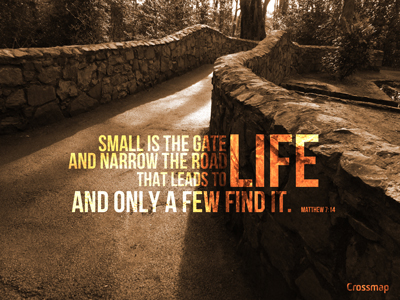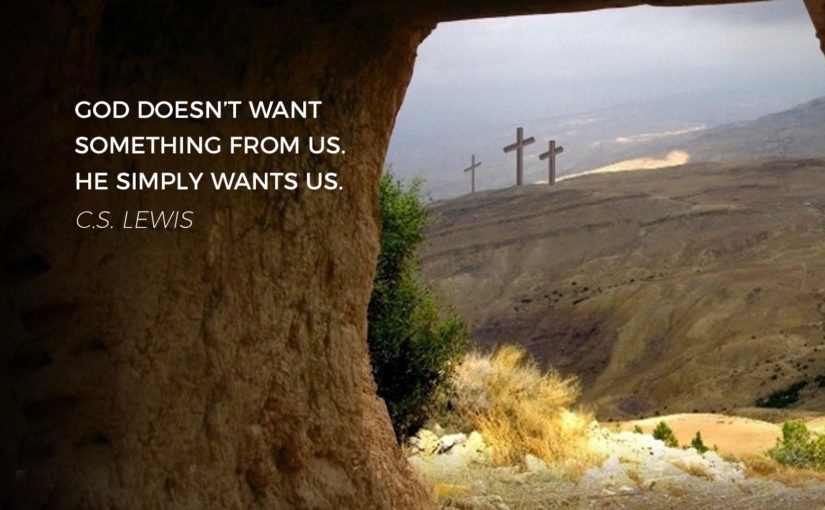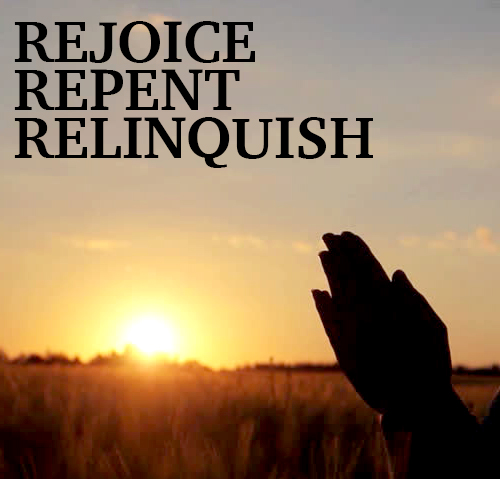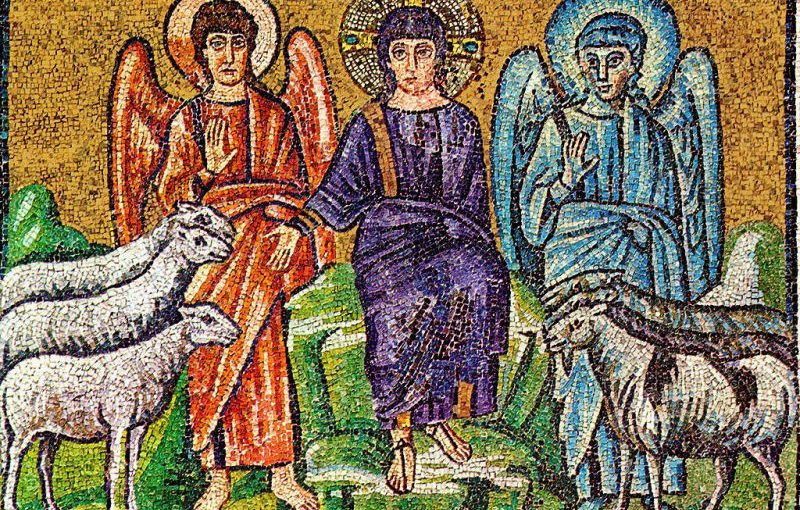
Our world has changed over the past few months. Currently, we are dealing with social and racial issues that are splitting the country apart. COVID-19 has changed the economic, physical, and emotional tides of the country. Each day, in the United States, we hear on the news about everything that is going wrong in the world around us.
Many of our families live in fear and dismay over the COVID-19 pandemic and all the other concerns going on. Each one of us is shaken and made to rely on something in their lives for hope and peace.
During all the uncertainty, I keep listening to Christians and Non-Christians’ uncertainty of what the future could be. Each one of us depends on some type of faith. I believe that during all this time, that Christians should portray a peace that passes understanding.
Ephesians 2:14 is our verse today. It says, “For he himself is our peace, who has made us both one and has broken down in his flesh the dividing wall of hostility”. Paul is speaking to the Ephesian church and is addressing the disagreements within the church. He addresses this issue by saying that, Jesus is our only true peace, and He is the only thing that can solve all their issues going on. Also, in Christ Jesus, we are made brothers and sisters in Christ. Therefore, as brothers and sisters, we must represent the sacrifice that Christ has made for us and rally together around that.
How does this disagreement that the church in Ephesians helps us understand peace?
Dictionary.com defines peace as “a state of mutual harmony between people or groups, especially in personal relations:”. As stated above, we can see that we are far from peace in this country and world. There is only one way to obtain true peace, by putting your hope and faith in Christ Jesus for your salvation. Jesus says in John 16:33, “I have said these things to you that in me you have peace. In the world, you will have tribulation. But take heart, I have overcome the world”. Our peace is found in Jesus!
Each day we fight, disagree, backstab, and worry all out of the fear of the future. We are looking for some type of utopian society. Because of sin, that isn’t possible, but with Christ, we do have a peace that will surpass all understanding. See Jesus paid for our sin on a cross to provide us the peace in our hearts that we yearn for. The peace that Jesus provides, is the understanding that we have a Savior and God, who loves us so much that the Father sacrificed the Son to pay for all the sin in our lives so that we can live with Christ in eternity.
In the current season of life that we are all living, Christians need to unify under one banner, the cross of Jesus Christ. I encourage each of you to keep your hope in Jesus Christ. Life isn’t easy and there will always be some amount of uncertainty. However, when we are able to band together as believers, we gifted with the Holy Spirit that strengthens us. In Galatians 3:28, Paul says, “There is neither Jew nor Greek, there is neither slave nor free, there is no male and female, for you are all one in Christ Jesus.” There is no distinction that Jesus makes.
Our peace is stronger together as Christians. I encourage you, now is the time to reach out to Christians and Non-Christians, that you know you disagree with on topics. Pray with them, share the Gospel with non-Christians and Christians alike, share a meal together, and overall be together and unify under Christ Jesus, who provides a peace that passes all understanding.







